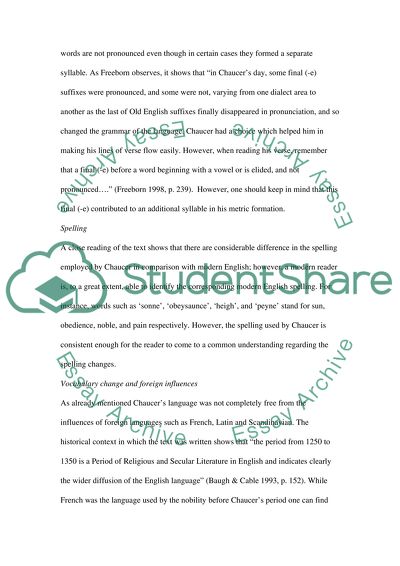Cite this document
(“The History and Development of the English Language Essay”, n.d.)
Retrieved from https://studentshare.org/education/1560434-the-history-and-development-of-the-english-language
Retrieved from https://studentshare.org/education/1560434-the-history-and-development-of-the-english-language
(The History and Development of the English Language Essay)
https://studentshare.org/education/1560434-the-history-and-development-of-the-english-language.
https://studentshare.org/education/1560434-the-history-and-development-of-the-english-language.
“The History and Development of the English Language Essay”, n.d. https://studentshare.org/education/1560434-the-history-and-development-of-the-english-language.


